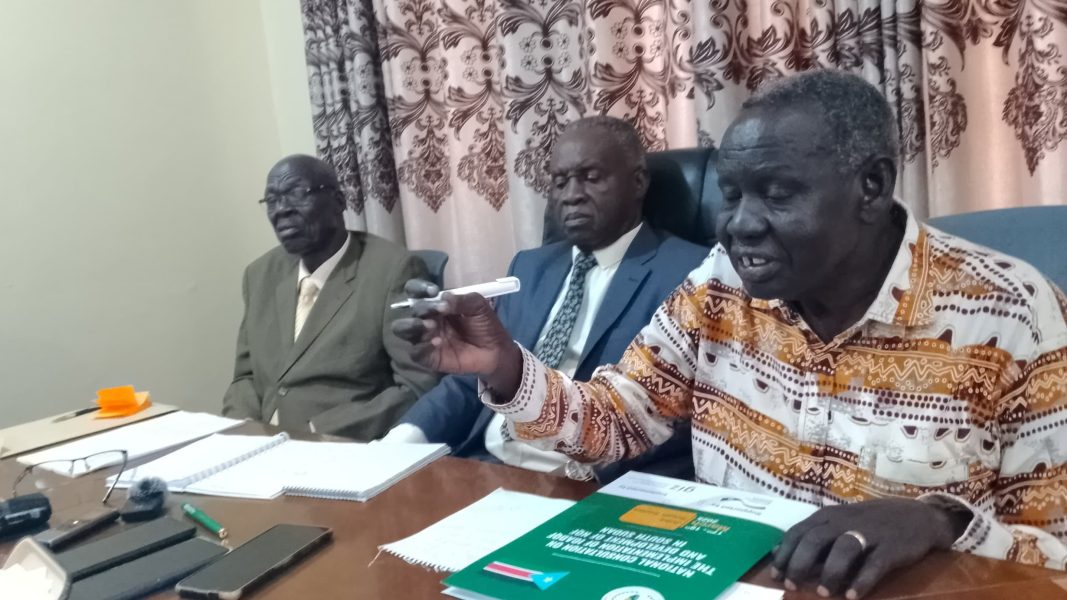
South Sudan’s Ministry of Higher Education is standing firm on its recent selection of students awarded scholarships to study in India.
The ministry insists the process was rooted in academic merit, not regional or gender-based considerations, despite growing criticism over the overwhelming representation of students from one region and the near absence of female beneficiaries.
The controversy vented following the release of the final list of 30 scholarship recipients, selected from more than 450 applicants.
Many, including media outlets and civil society actors, have questioned the fairness and transparency of the process, prompting ministry officials to hold a press conference defending their criteria and denying claims of bias.
At a press conference on Monday, ministry officials offered a defensive response, insisting that the process was based solely on merit, not regional, ethnic, or gender considerations.
“We did not base our selection on regional or gender quotas. The limited number of available slots forced us to use a strict merit-based system,” Dr. Atem Kuir Jok, the Ministry’s Director General for Planning and Budgeting who doubles as Acting DG for Training and External Relations told to reporters in Juba.
“Top scorers were selected first, in line with ministry regulations approved by the Higher Education Council,” he added.
While defending the selection, officials appeared visibly disturbed by the growing criticism.
“We welcome any complaints through formal channels, we’re ready to be challenged,” Dr. Jok said.
Meanwhile, Ministry’s Undersecretary Dr. Adil Athanasio Surur dismissed the concerns, stating, the ministry support gender balance, but India doesn’t require affirmative action.
“We cannot manufacture scores just to meet a quota,” he said.
Only 30 out of more than 450 applicants were chosen, 25 for undergraduate and five for postgraduate studies.
Among the selected, only two were women, sparking a wave of criticism from civil society, the media, and social media users.
Many challenged the fairness and transparency of the entire process.
The ministry acknowledged the broader issue of limited study opportunities and urged students to consider the nearly 6,000 unfilled seats in South Sudanese public universities.
“Many students want foreign degrees but don’t return,” Dr. Adil noted. “We must start valuing our local institutions.”
He also stressed the importance of local postgraduate research in addressing national issues such as communal violence and child abductions.
In an apparent attempt to redirect scrutiny, the ministry raised concerns over students enrolling in non-accredited foreign universities.
“The Indian ambassador gave us a list of questionable institutions,” Dr. Adil warned.
Despite calls for greater fairness and transparency, ministry officials stood firm, insisting the process was clean and compliant.
But with public pressure mounting, it remains unclear whether mere explanations will restore confidence in the system.

